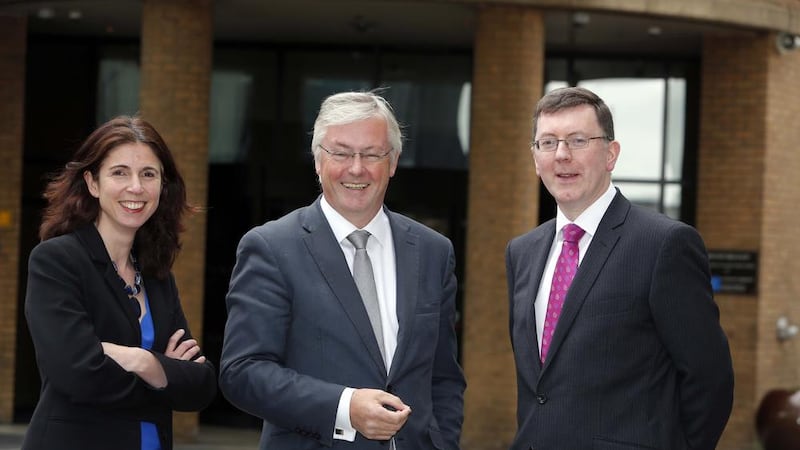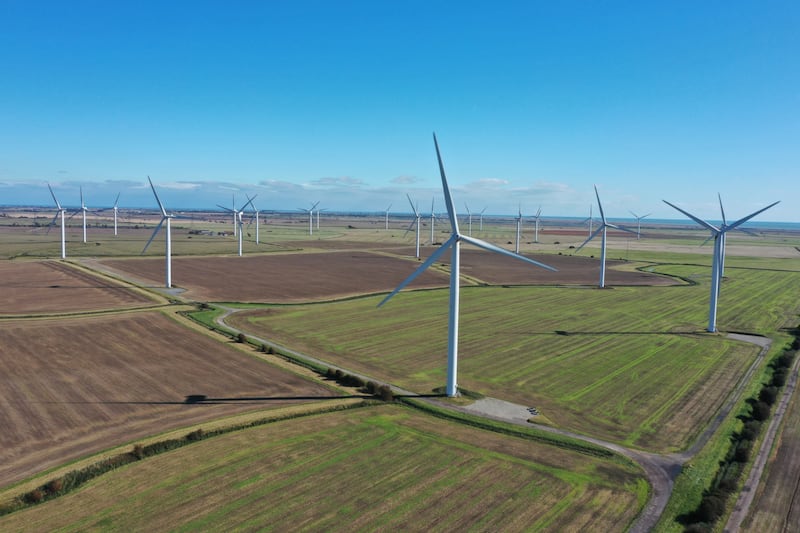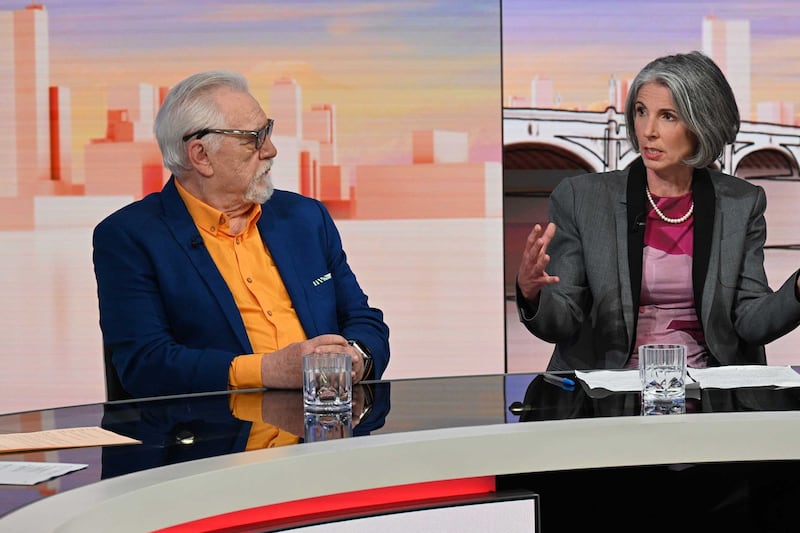NORTHERN Ireland's economic recovery has been "job rich" but "productivity poor" according to one of the north's leading analysts.
Bank of Ireland economist Alan Bridle was speaking at the Confederation of British Industry's (CBI) annual economic briefing.
He said Northern Ireland had recouped around two-thirds of the jobs lost during the recession but added, "there hasn't been the same uplift in terms of output".
More than 130 senior business leaders attended the event at the Hilton Hotel in Belfast.
Mr Bridle told delegates that zero inflation had "helped drive a period of consumption-led growth (in Northern Ireland) although in common with the UK overall and many other economies, future prospects for the region's living standards will depend much more on reversing the post-crisis trend in productivity.
With the public sector entering more straitened times, the resilience and capacity of Northern Ireland's private sector will be tested over the next few years if growth is to be sustained. With high competitive intensity in crowded domestic sectors, the continued strong performance of our external-focused businesses will be absolutely crucial, as will sustaining momentum in foreign direct investment.
Realistically, the region's growth path will continue on a lower trajectory than UK and Ireland."
CBI economist Rain Newton-Smith gave an outlook on the wider UK and international picture.
She said growth had "cranked up several gears and businesses expect that faster pace to continue," during the second quarter.
"This supports our belief that the weaker-than-expected GDP growth in the early months of 2015 will be short-lived," she said.
"A stellar increase in activity in the business and professional service sector and retail sales bounding ahead are clear indications of strong business and consumer confidence and increased spending power."
Ms Newton-Smith said the weak euro had resulted in a lack of demand in many overseas marketse but that renewed momentum in Europe was anticipated.
Inflation turned negative in April with the lowest reading since the 1960s. But its unlikely we will see falling prices for a prolonged period, as the downward pressure on inflation from lower oil prices fades," she said.
On interest rates, she said a rise "anytime soon seems off the cards. Rates are likely to remain low into next year and beyond, continuing to help the domestic recovery."
Public borrowing decreased by 11.1 billion in the last financial year and the government borrowed 2.9bn less than the Office for Budget Responsibility (OBR) forecast. The governments deficit as a share of GDP has halved during the course of this parliament.
There is still plenty more to do though, so the newly elected government is right to continue to prioritise deficit reduction - sound public finances are vital both to supporting business confidence and funding sustainable public services as well as promising a productivity plan in Julys budget.








